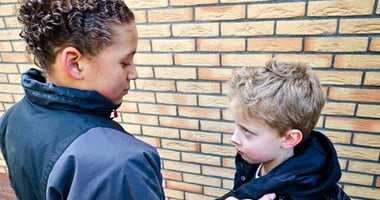Virginia TV Shooting Leaves a Wide Circle of Loss
 |
WDBJ reporter Alison Parker, 24, and cameraman Adam Ward, 27, were interviewing economic development official Vicki Gardner, 62, when a gunman identified as Vester Flanagan attacked them. Parker and Ward were killed and Gardner was injured.
"Our hearts go out to the victims’ families, who are right here in our home state of Virginia," said APA CEO and Medical Director Saul Levin, M.D., M.P.A.
Family members, friends, and coworkers of the victims as well as the surrounding community are grieving over the deaths of two admired and beloved people, a reminder of the widening circle around such tragedies.
“At such moments, employers might want to remind workers about the availability of mental health supports through employee assistance programs,” said Levin during an interview on Thursday with a television station in the Washington, D.C., region. Those who appear to have strong reactions to a tragedy should be approached and offered support or other help, he added.
Viewers, especially children, may also have been traumatized by what they saw on live television, but need to be approached individually, said APA President Renée Binder, M.D., in an interview with Psychiatric News.
“It is normal to have a reaction, such as anxiety or intrusive thoughts,” said Binder. “People don’t have to talk about it but there should be no stigma in doing so if they wish.”
Should they choose to do so, discussing their reactions with anyone—a doctor, mental health professional, teacher, religious leader, or friends and colleagues—may help, she said.
For information on fostering a workplace culture that supports emotional health and well-being, see the American Psychiatric Association Foundation’s Partnership for Workplace Mental Health.
For more in Psychiatric News about how communities cope with acts of violence, see “Mental Health Community in Charleston Offers Services, Support in Wake of Violence.”
(Image: Rawpixel/Shutterstock)





